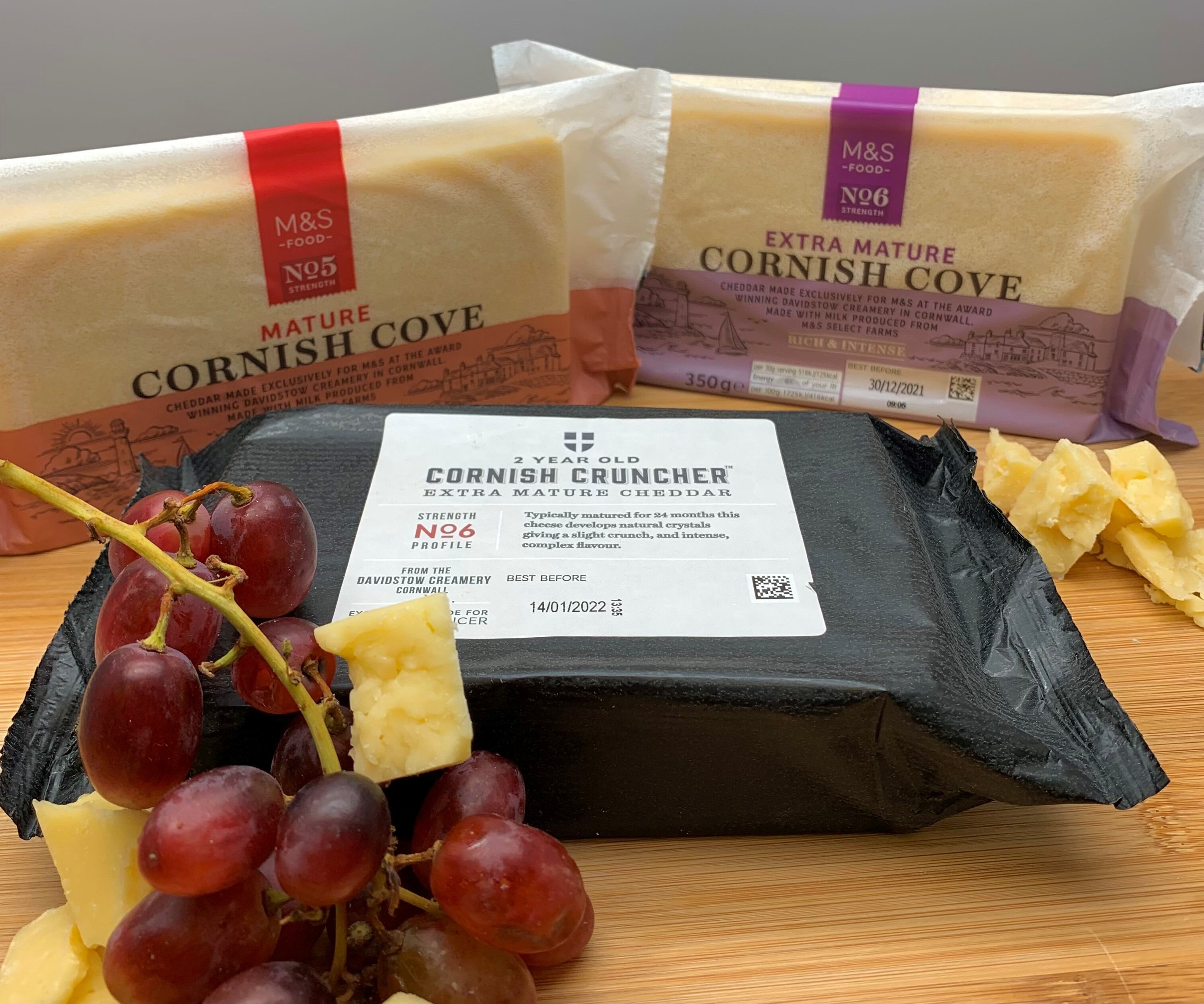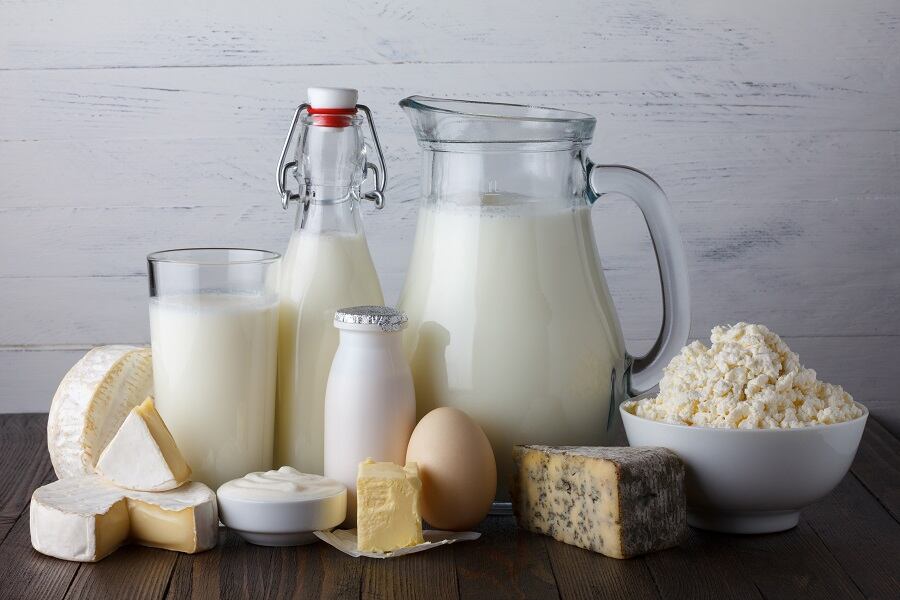The joint project with the food producer and the packaging solutions company has replaced 33% of virgin plastic with post-consumer recycled (PCR) material across a range of block cheese packaging.
The PCR packs will be gradually introduced in Marks & Spencer stores but will be on sale for a limited time due to the availability of the PCR resin.
Neil Richards, lead packaging manager at SDUK said consumers were aware of the environmental and social impacts of plastics, and, increasingly, the plastic content of a product was influencing buying habits. But he added one of the 'greatest challenges' to increasing recycled content across plastic packaging was the availability of food-grade recycled plastics.
'Technology still in development'
Richards said as the technology was still in development, he expects the quantity of available material to increase 'allowing us to introduce PCR into a wider range of our products whilst continuing to ensure the food safety and quality of our products'.
“In 2020, we pledged to accelerate our global waste performance and announced clear targets to reduce our material use, increase the recycled or renewable content of our packaging and ensure all our packaging is either recyclable, reusable or compostable by 2025," he explained. "This PCR project is a significant step towards helping us achieve this goal.”
Seb Wakerley, external sales executive at Wipak UK, said: “By sourcing PCR resins, we were able to manufacture a packaging solution that repurposed waste and diverted it from landfill or incineration. Creating more circular systems for products like these is helping us as a business move closer to our goal of carbon neutrality by 2025.”




